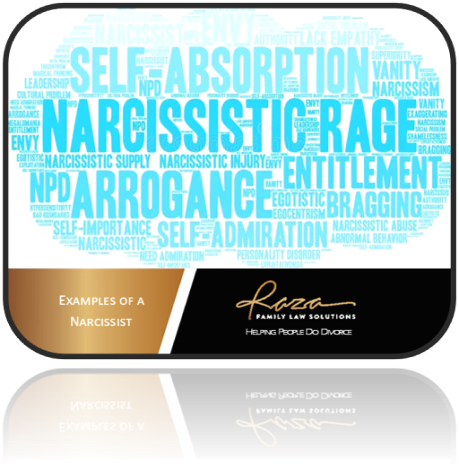It’s important to note that diagnosing someone as a narcissist should be done by a qualified mental health professional. However, certain behaviors may indicate narcissistic traits. In a marriage, a person with narcissistic tendencies may exhibit the following behaviors:
- Lack of Empathy: A narcissistic partner may struggle to understand or validate the feelings and experiences of their spouse. They might dismiss or belittle the emotions of their partner.
- Constant Need for Attention: Narcissists often seek constant admiration and attention. In a marriage, this could manifest as always needing to be the center of attention or becoming upset when not receiving praise.
- Manipulation: Narcissists may use manipulation tactics to control their partner. This can include guilt-tripping, gaslighting, or playing mind games to maintain power and control in the relationship.
- Grandiosity: A narcissistic spouse may have an exaggerated sense of self-importance and superiority. They may believe that they are more talented, intelligent, or special than others, including their partner.
- Difficulty Accepting Criticism: Narcissists often have fragile self-esteem and may react strongly to criticism. In a marriage, this can lead to defensiveness, anger, or even retaliation when their actions or behavior are questioned.
- Sense of Entitlement: Narcissists may believe they are entitled to special treatment and may expect their spouse to cater to their needs and desires without reciprocating.
- Exploitation of Others: In relationships, a narcissistic partner may exploit their spouse for personal gain, whether it’s financial, emotional, or social. They may not consider the needs and feelings of their partner in their pursuit of personal goals.
- Lack of Accountability: Narcissists often avoid taking responsibility for their mistakes and shortcomings. In a marriage, this can lead to a pattern where the narcissistic partner blames their spouse for problems in the relationship.
It’s important to remember that everyone may exhibit some of these behaviors from time to time, and having one or two traits doesn’t necessarily mean someone is a narcissist. However, if these behaviors are pervasive, causing significant distress in the relationship, and are part of a consistent pattern, it might be advisable to seek professional help for guidance and support.
At Raza Family Law Solutions, we practice family law effectively guiding clients through prenuptial and post nuptial agreements, dissolution of marriage, modifications of prior judgments, and resolving child custody disputes. We also help families take a different approach to divorce with mediation and collaborative work




